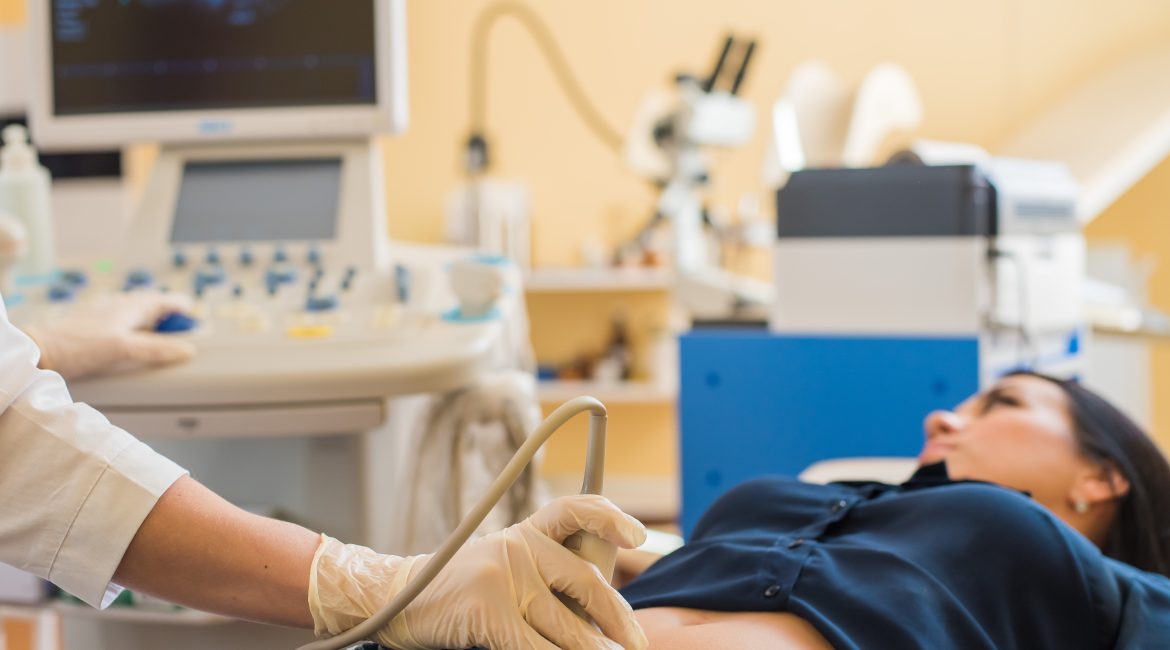First trimester signs and symptoms, and how to soothe them
Congratulations! Your body is building a baby! During the first trimester, your body is doing incredible things to create your baby and keep them safe for the rest of your pregnancy. Lets take a look at what happens in the first trimester.
The first trimester of pregnancy refers to the time between the first day of your last period and the end of the 12th week. The second trimester starts from week 13. For new mothers, these first three months can be an emotional rollercoaster as you prepare for this new chapter and hormones flood your body.
By week 6, your baby will have a heartbeat. By week 12, they’ll have limbs, fingernails, and will look like a little human.
What happens in the first trimester of pregnancy?
In the very beginning, your baby is a zygote. During the first trimester, the zygote becomes an embryo when a single cell splits into multiple cells. The embryo then attaches to the womb’s wall to grow for nine months.
The signs of pregnancy in the first trimester don’t always include a baby bump — but you may notice other symptoms. Let’s take a look at some of these symptoms.
Common first trimester symptoms:
Fatigue
Your body is working hard to grow your baby, so tiredness is expected. You may sleep longer at night and need naps during the day. However, your energy levels usually improve in the second trimester.
Emotional changes
Hormones and mental adjustments can make emotions run high — whether it’s your first baby or your sixth.
Skin changes
Some people enjoy the “pregnancy glow” from increased circulation, while others experience acne from hormone changes.
Tender breasts
Swelling and tenderness are common as your body prepares for breastfeeding. Small bumps may appear around the nipples.
Vaginal changes
Discharge is normal. Mild spotting can occur, but it is important that you contact your doctor if bleeding is heavy.
Read more: What’s The Deal with Cravings During Pregnancy?
Frequent urination
Your growing baby presses on your bladder, making you visit the bathroom more often. Pelvic floor exercises can help with leaks.
Dizziness/Light-headedness
Your body produces extra blood to support your baby, which can make you feel lightheaded.
How to soothe pregnancy symptoms
Swelling
To reduce discomfort, monitor salt intake, stay hydrated (2 litres daily), put your feet up when possible, and keep moving to boost circulation.
Morning sickness
Nausea can happen at any time of day. Ginger tea or raw ginger may help. Eat small, frequent meals, avoid an empty stomach, sip water often, and focus on protein-rich foods like beans, cheese, hummus, and yoghurt.
Mental health
Pregnancy can feel overwhelming. Because what happens in the first trimester can be taxing on your body and your mind, it’s important to surround yourself with support — doctors, your partner, other expectant mothers — and consider prenatal yoga to calm your mind.
Find more exercises here: 5 Prenatal Classes for a Fit and Healthy Pregnancy
Constipation
This is common as your body digests more slowly. Use prenatal vitamins, drink plenty of fluids, and eat fibre-rich foods (aim for 28g daily). Natural laxatives like prunes, broccoli, and clear soups help — but avoid medicinal laxatives, as they may induce labour.
You may find this interesting: 6 Symptoms of Poor Gut Health (Plus how to improve it)
Enjoy every moment
You might not always feel great, but your body is doing something incredible. Knowing what to expect with what happens in the first trimester can help you prepare mentally. Before you know it, you’ll be holding your baby.
Yours in family-first insurance,
Oneplan




